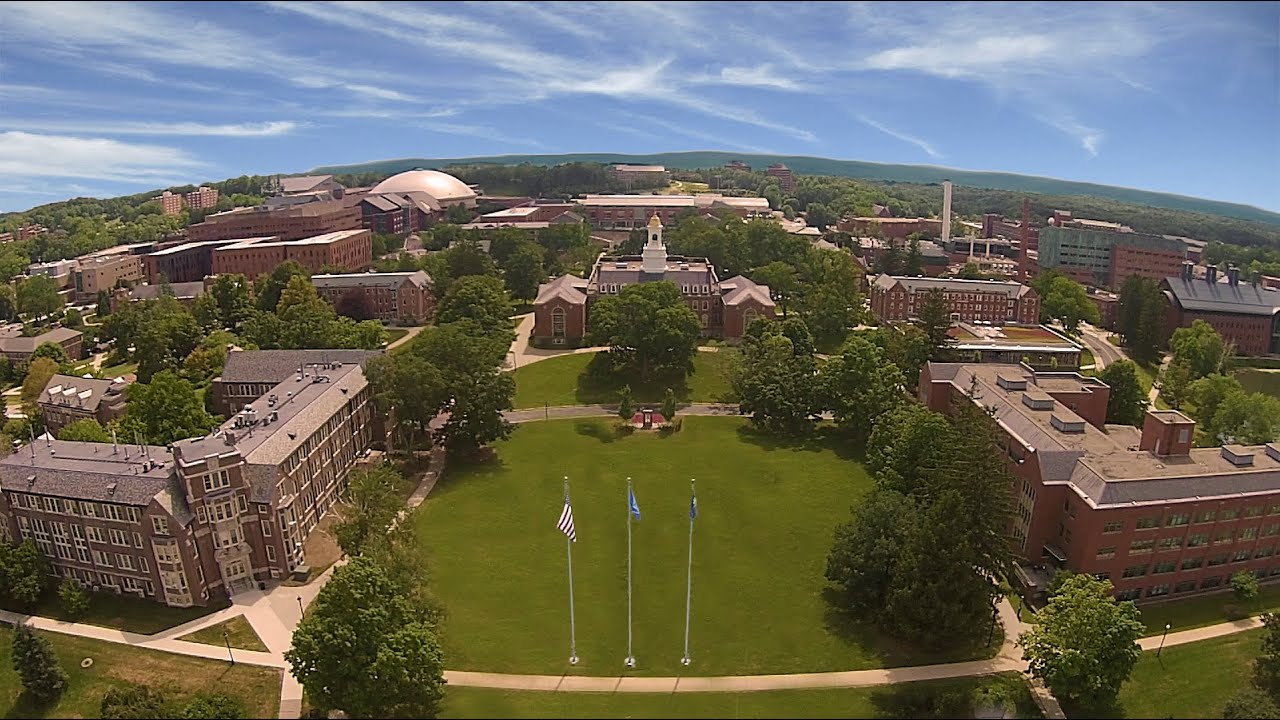A few months ago the University of Connecticut’s new president Tom Katsouleas announced the school’s social “commitment” to provide free four-year tuition to students with annual family incomes of $50,000 or less.
People wondered how the university could afford it. They are not wondering any longer. Paying students will have their tuitition raised by 23.3%.
What could possibly go wrong with that?
Well, students who have to pay may very well decide to go to another school because they won’t want to pay off student loans for the rest of their lives. And if that happens, who pays for the free riders?
This will take the cost of going to UConn to over $31,000 a year.
Tuition was just raised by several hundred dollars to pay for a new recreation center that no one but the college board wereasking for.
To make matters worse, the university plans on raising the income threshhold as much as possible over the next few years, so the cost of tuition for paying students will likely increase some more.
In October, Katsouleas announced during his inauguration address he would be introducing free four-year tuition to families earning $50,000 or less per year.
According to the university president’s website:
Beginning with new undergraduate students for the fall 2020 term, the Connecticut Commitment promises free tuition for up to four years (eight terms) of full-time undergraduate study for entering freshmen from qualifying families with typical assets and household incomes of $50,000 or less, and free tuition for up to two years (four terms) of full-time undergraduate study for entering transfer students with typical assets and household incomes of $50,000 or less.
Katsouleas responded to why UConn will be offering free tuition for families with incomes of $50,000 or less:
The answer is threefold: first, to sharpen the message to prospective students, particularly those from first generation and low-income families, that UConn is affordable for them and to encourage them to apply. Second, to enhance affordability. Third, to inspire and energize our base of supporters to give to a cause that is transformative for their university and its students.
“We hope to raise that family income threshold as high as possible over the next five to seven years,” Katsouleas said, according to the Daily Campus.











